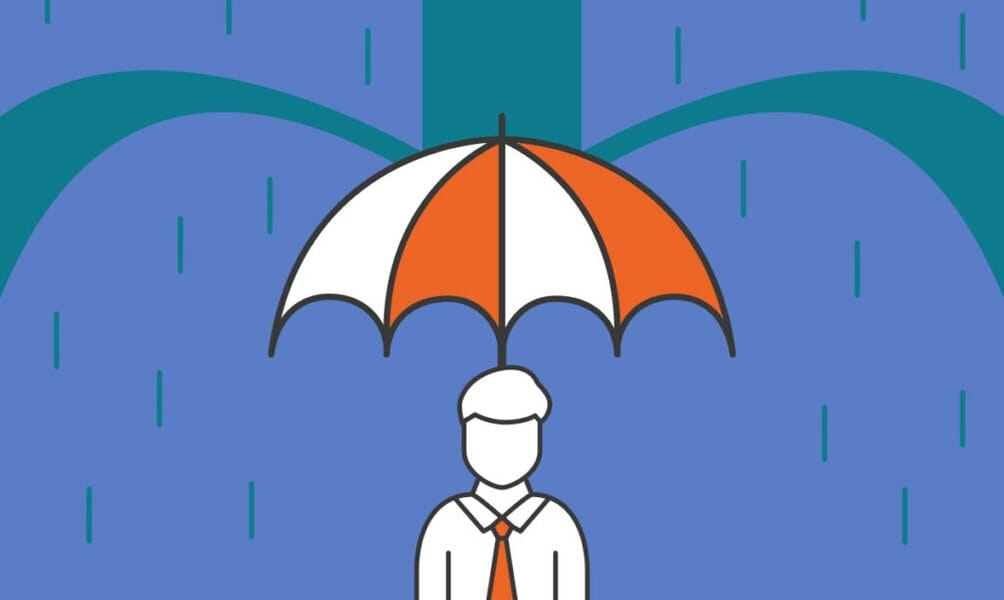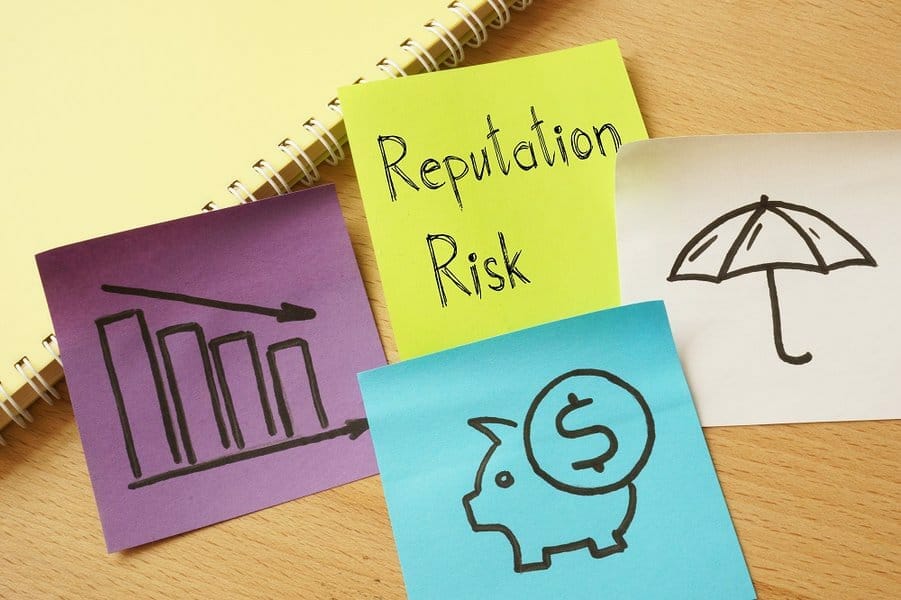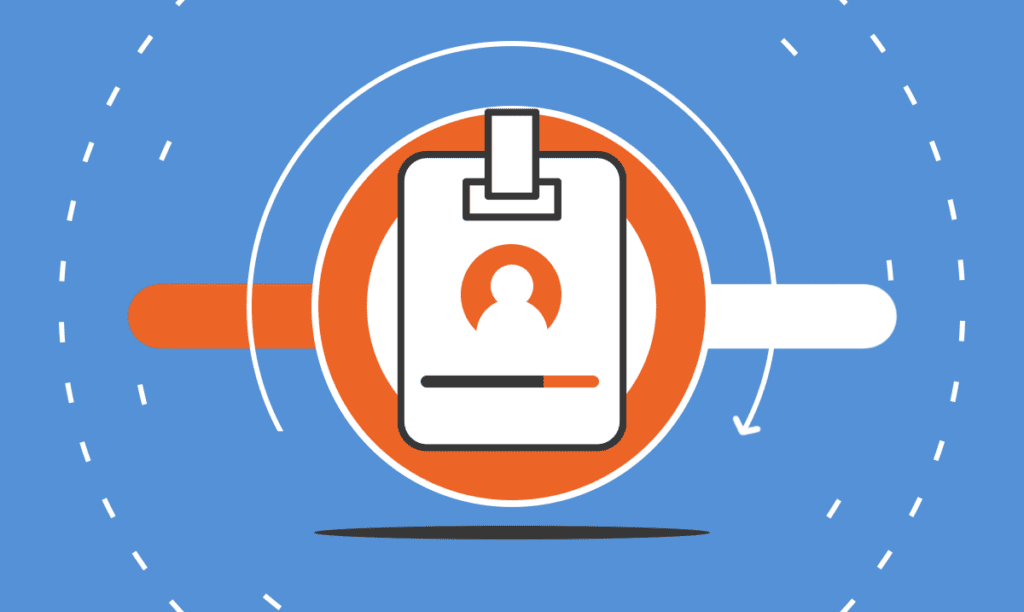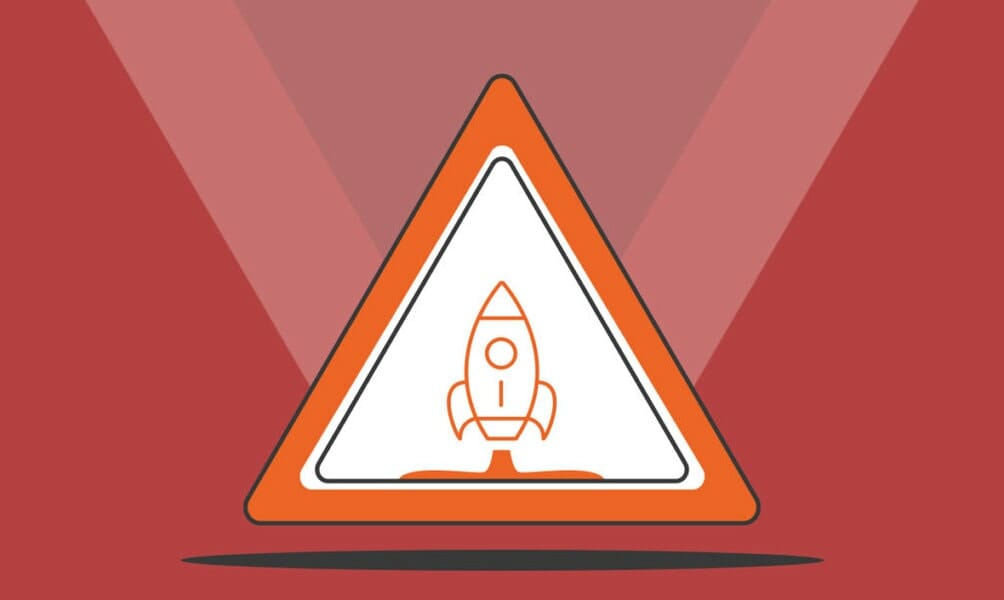“What’s in a name?” Shakespeare famously pondered, but in the business world, the answer is straightforward: everything. Didyo ...
7 Common Entrepreneurial Risks
Written by: Carolyn Young
Carolyn Young is a business writer who focuses on entrepreneurial concepts and the business formation. She has over 25 years of experience in business roles, and has authored several entrepreneurship textbooks.
Edited by: David Lepeska
David has been writing and learning about business, finance and globalization for a quarter-century, starting with a small New York consulting firm in the 1990s.
Published on January 21, 2023

Entrepreneurship often delivers great rewards, including financial gain, a sense of accomplishment, and greater control of your time and future. But it also comes with major risks. Before you jump in and start your own venture, it’s important to know what you’re getting into.
Entrepreneurs, by nature, have to be risk-takers. This guide lays out the risks an entrepreneur takes when embarking on their business journey – and some steps you can take to minimize them and boost your chance of success.
1. Market Risk

When you start a new venture, part of the preparation is market research, which includes testing the market to find buyers. You’ll also want to know your target demographic and why they’re interested: what need does your product fulfill for this group of people?
If you don’t understand your market, you could end up building a business and a product nobody’s interested in. That’s serious market risk.
But as long as you do your due diligence and understand your market, you don’t have to worry about that. Right?
That’s not entirely true. Markets are constantly changing, so it’s best to continue your research on an ongoing basis to understand your market and target customers. You may need to adapt your product or marketing to make sure you’re addressing existing needs.
2. Technology Risk

As technology advances, new products regularly emerge to address new and changing needs. At some point a new product could come out that is cheaper or more efficient and makes your product obsolete.
To address this risk, it helps to be constantly aware of your competition and the direction of your industry. You may need to do your own research and development to enhance your product or even replace it with something more current. In other words, you need to keep up with technology so that your product offerings can continuously evolve.
3. Economic Risk

The economy constantly fluctuates and can be impacted by major events at any time, such as a global pandemic. When the economy takes a downturn, many businesses suffer and some even fail. Clearly, the economy is a risk that’s out of your control.
But you can prepare your business for economic headwinds. You can maintain cash reserves or an emergency line of credit that can keep your business alive during the downturn. You should also have a strategic plan in place to manage your company in tough times.
4. Financial Risk

The most obvious risk of entrepreneurship is personal financial risk. You’re going to be investing in your business, and if you fail, that investment will be lost.
If you obtain business financing of any kind, even if you form an LLC for the personal liability protection, you may have to personally guarantee that financing. That means that if your business fails, you’ll be personally responsible for paying back those funds.
You’re also likely to be giving up a salary from a regular job, and it will take time for your business to start making money. This may seriously affect your lifestyle for a while. You have to consider whether you can get through that transitional time financially.
How much financial risk you’re willing to take is a personal decision.
5. Time Risk

When you start a business, you will most likely eat, breathe, and sleep that business in the early months. Being an entrepreneur will probably take over your life, at least until your business begins to succeed.
You’ll also be losing the time that would otherwise have been spent advancing your career. If your business fails, it may be hard to pick up where you left off.
6. Reputational Risk

When a business fails, it’s perceived as the owner’s failure. If your business is sued, you’ll likely be seen as the culprit. This can seriously affect your reputation with consumers and in the business community, limiting future opportunities.
Many entrepreneurs start their business with funding from family and friends. In such cases, if the business fails and those funds are lost, it could hurt your personal relationships. This, unfortunately, is all too common, so it’s wise to make sure that risk is worth taking.
7. Psychological Risk

Entrepreneurship is hard and can take a mental and emotional toll. Working long days can lead to burnout, which you’ll have to overcome to keep the business going. You may have to develop strategies to manage your time, fight through challenges, and stay motivated.
Keep in mind that you’ll likely be investing so much time, effort, and passion into your business that failure could be a crushing blow.
Entrepreneurs have to be fearless when it comes to failure, because they know that success is often preceded by failures large and small. You just need to be able to learn from your failures so you can improve and continue to build.
In Closing
Entrepreneurship is fraught with risks that should always be weighed against the potential rewards. Just remember that countless entrepreneurs have started successful businesses, so if you prepare yourself and work hard your dreams are within reach.
Nothing great is ever achieved without major risks. Are you ready to take the leap?
Subscribe to Our Newsletter
and gain insider access to cutting-edge business insights and trends.
Featured Resources

How to Come Up with a Business Name
Published on October 17, 2023
Read Now

Learn How to Form a Partnership Using These 7 Steps
Published on February 14, 2023
If you and one or more people are starting a business, you may want to form a partnership. But this is not a step to be taken lightly, as you’llha ...
Read Now

5 Reasons Why Entrepreneurship Is Important
Published on January 22, 2023
November is the US’ National Entrepreneurship Month and in 2022 the president celebrated “the doers, dreamers, and job creators whose vision and ...
Read Now
Comments